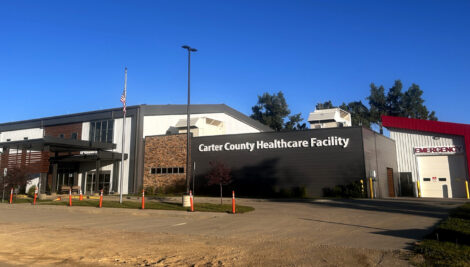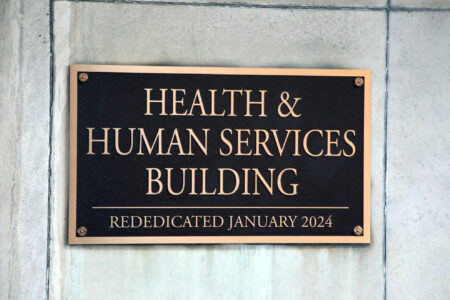Despite state budget impasse, Centre pushes ahead with its services plan
BELLEFONTE — Over a month into a new fiscal year without a state budget, Centre County is moving ahead with a $7.9 million plan to fund its human services programs — a familiar challenge for county officials who say they’ve grown accustomed to operating in uncertainty.
The flexible funding package, approved by commissioners on Tuesday, supports county mental health, drug and alcohol, intellectual disability and adult service programs.
Brought before the board by Cathy Arbogast, administrator for the Centre County Mental Health/Intellectual Disabilities/Early Intervention/Drug & Alcohol (MH/ID/EI/D&A) Office, the Human Services Block Grant Plan, which outlines program priorities and spending for the upcoming fiscal year, required same-day approval to meet the Pennsylvania Department of Human Services Aug. 11 submission deadline.
“There is a lot of flexibility in being a block grant county in that we can move funding across those departments as need and demand dictate,” said Arbogast. “This is just a starting place for the upcoming year. We’ll be making changes and updates throughout the year as the needs are identified.”
The total grant amount, which was estimated based on last year’s appropriation, is $7,903,984 for the period of July 1, 2025, through June 30, 2026, and is funded through a combination of state ($7,310,571), federal ($337,623) and county match ($255,790) dollars.
Without a finalized state budget, county administrators lack a clear picture of the exact funding they will receive for the upcoming year and are not receiving the state dollars typically used to pay for human services. Centre County Commissioner Mark Higgins said he is aware of at least one county in Pennsylvania that has already begun defaulting on its bills because of the impasse.
“Here in Centre County we’re in a better financial place,” Higgins said. “At least in the short term, Centre County will continue to pay its bills.”
He noted that during the 2015-16 budget crisis, the county was able to maintain services through early January without state funding. Since this year’s budget delay is not expected to stretch that long, commissioners expressed confidence in their ability to continue operations without disruption.
In the unlikely event of a financial triage situation, Higgins said the county would work closely with employees, nonprofits and other partners to determine who could temporarily defer payments. If necessary, the county could also borrow tens of millions of dollars to maintain operations.
Commissioner Steve Dershem also noted that during previous budget crises, the state has historically provided stopgap funding to help counties maintain essential services, which could offer additional support this time as well.
With eight of the past ten state budgets this decade delayed, “We are battle tested in this regard,” Dershem said.
While the county has strategies in place to weather delayed payments, officials say a more persistent issue is that the Human Services Block Grant has not kept pace with inflation.
“As stated by the County Commissioners Association of Pennsylvania, we would like to see the block grant funding increase by roughly the rate of inflation,” Higgins said.
According to Arbogast, funding for the block grant has lagged behind inflation for at least 12 years, incrementally reducing its effectiveness.
“I would reiterate the concern as well about not seeing the block grant increase over time to match the increase in our costs,” Commissioner Amber Concepcion said.




